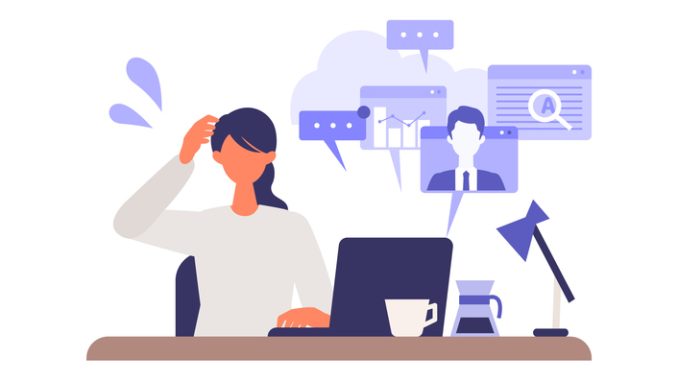
Workplace frustration is a common emotion that arises when you face obstacles preventing you from achieving your goals. Understanding its root cause can help you manage it more effectively
CREDIT: This is an edited version of an article that originally appeared in Fast Company
Frustration is a feeling that often arises when external or internal barriers prevent you from reaching your goals. While anger is usually directed outward toward an external obstacle, frustration tends to be focused on internal or systemic issues that seem beyond your control. This difference can make frustration feel more difficult to overcome, as it’s often tied to situations where you can’t simply act physically or change the environment around you.
What Do You Need?
Identifying the root cause of workplace frustration is crucial for finding a solution. Sometimes, the source of frustration isn’t immediately obvious, and you might feel stuck without fully understanding why. Take a moment to reflect on the situation: What exactly is stopping you from completing your work? Are you feeling unprepared or lacking the necessary skills? If so, consider creating a proposal to your supervisor that outlines the resources or training you need to become more effective in your role. On the other hand, your frustration might be due to organisational barriers, such as needing approval from someone else to move forward with a task, or a colleague hindering your progress. Identifying the exact nature of the obstacle is the first step in overcoming it.
How Do You Feel?
It’s also important to take a step back and manage your energy levels. Research has shown that there is an optimal level of mental energy required for effective performance. Low energy can lead to disengagement, while too much energy can cause anxiety and difficulty focusing. A small amount of frustration can serve as a useful signal to pay attention, but too much frustration can impair your ability to address the issue at hand. When your frustration becomes overwhelming, it’s harder to think clearly or come up with effective solutions.
Look Inside and Out
While it’s easy to blame workplace frustration on external factors such as poor management or organisational issues, it’s worth considering whether your own reactions might be exacerbating the problem. Sometimes, we interpret others’ actions as obstacles, even when they’re not meant to be. Overestimating your own abilities and taking on more work than you can handle can also contribute to feelings of frustration. It’s important to manage expectations, both your own and others’, and to learn how to respond to frustrations in a way that allows you to move forward constructively.
By understanding the sources of your frustration and taking a step back to evaluate your reactions and the environment, you can address workplace challenges more effectively and maintain a healthier, more productive mindset.



Be the first to comment